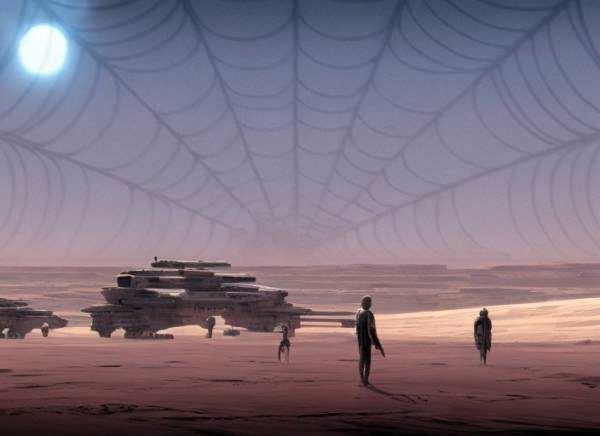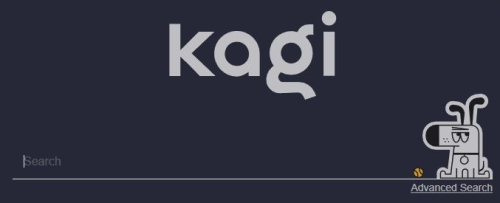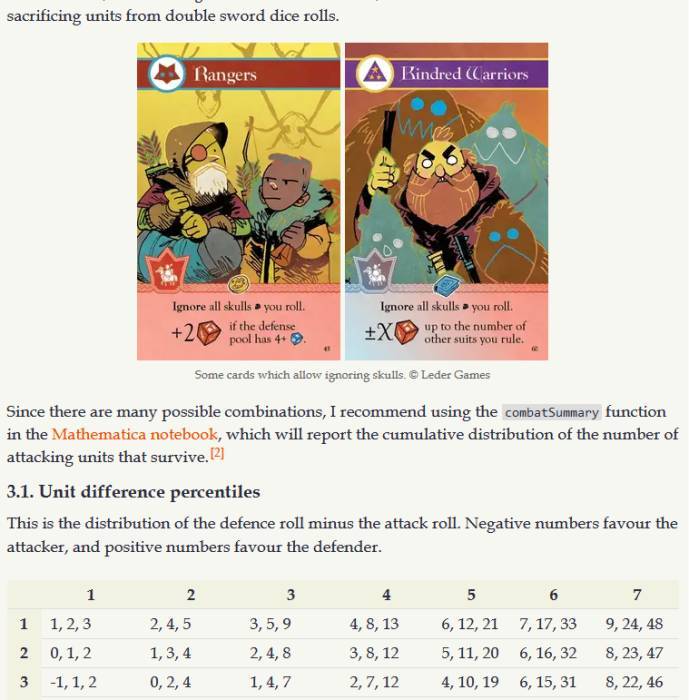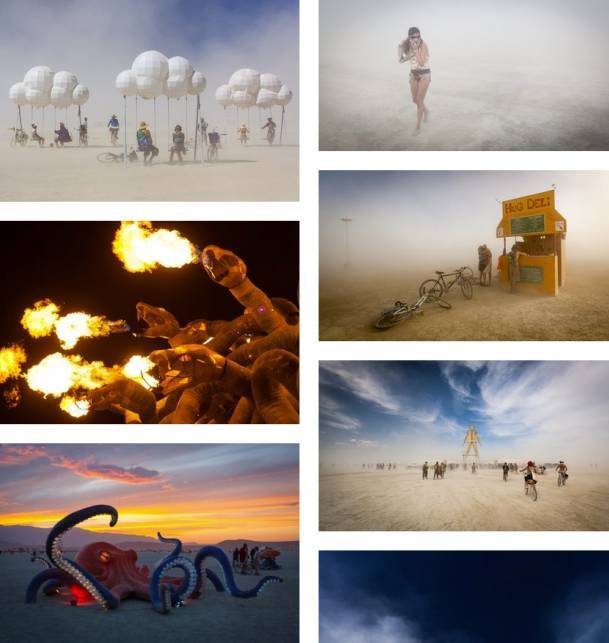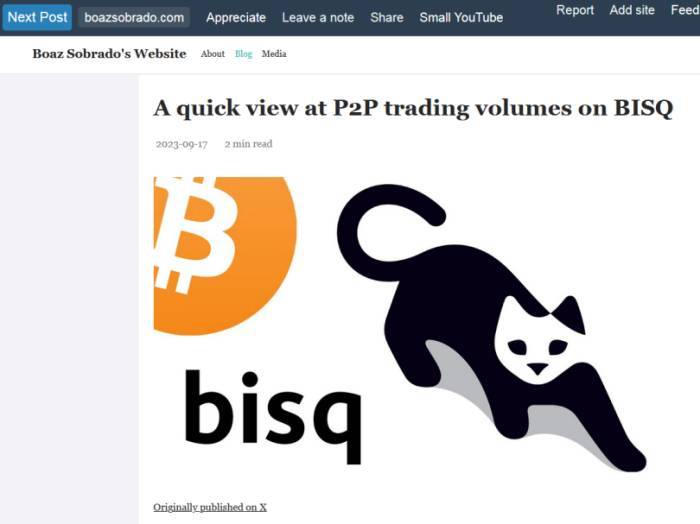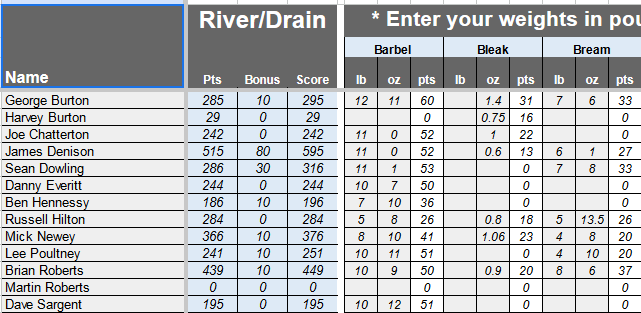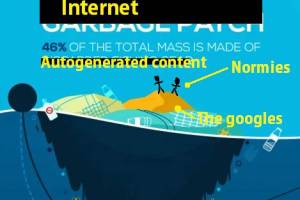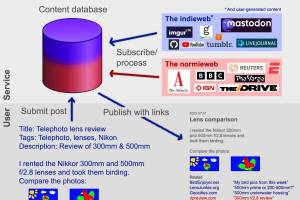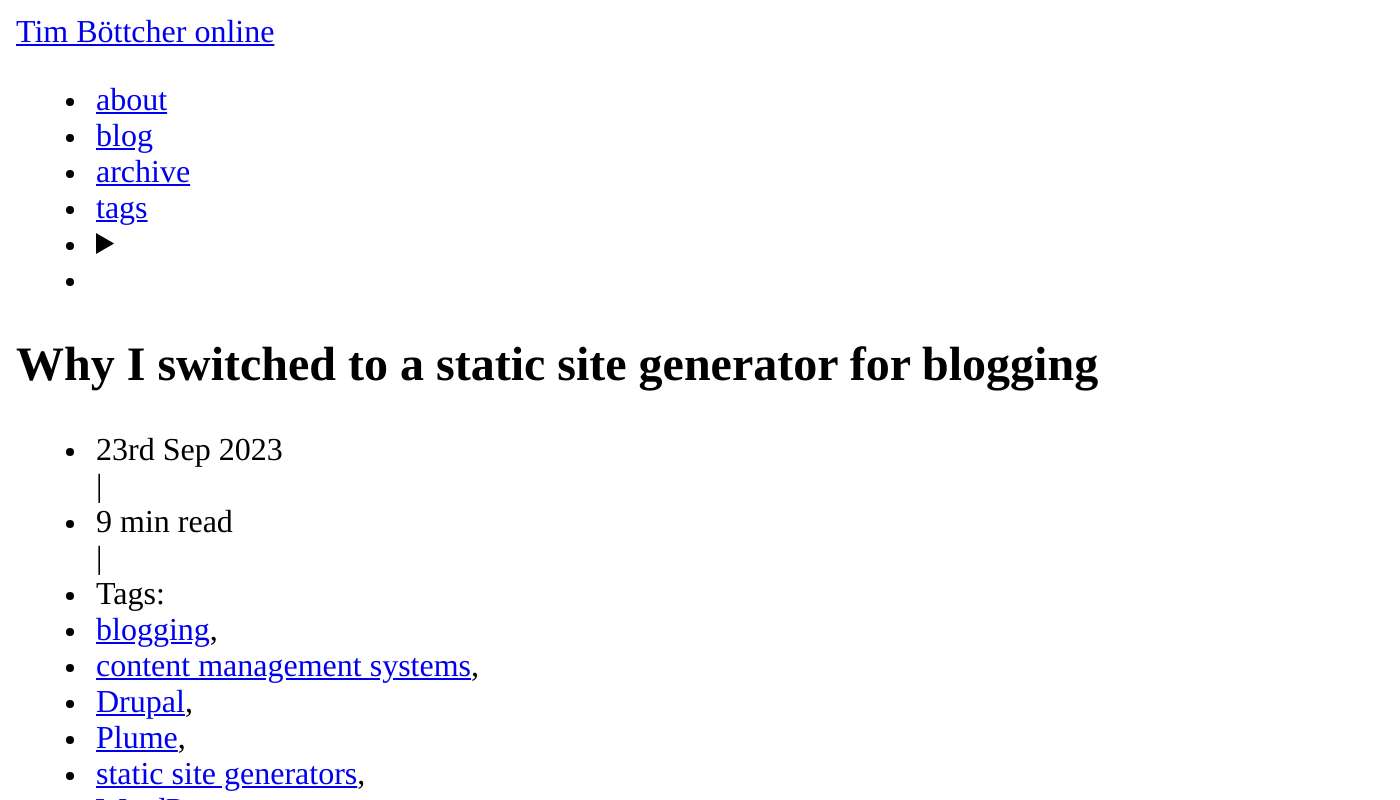In July, I
demanded that
the internet start doing a better job of connecting user content outside the walled gardens of social media. The demand wasn't as profound and expansive as it sounds, I really just wanted someone to make a
blogroll 2.0 service that was content-oriented rather than friend-oriented.
So I was excited to come upon this:
 Kagi
Kagi |
Initially inspired by a vibrant discussion on Hacker News, we began our experiment in late July, highlighting blog posts from HN users within our search results... Today, our evolving concept boasts a curated list of nearly 6,000 genuine websites featuring people with a wide variety of interests.
|
Kagi
|
|
|
Tbqh that dog looks like it has no interest in fetching. |
I've considered subscribing to the paid search engine Kagi. Part of me thinks, "DDG and Goog are good enough for 70% of my searches, anything I want
good search for is me wasting time anyway." The other part of me isn't sure it's good enough to justify whatever small cost the subscription is. The other other part of me knows that much of my searching is work-related and there's been a mutual push to keep all personal information/logins off work computers. So
I'm not a Kagi customer, but in some ways I like what they're doing, particularly since they look for good, noncommercial content when indexing the web:

|
Since inception, we've been featuring content from the small web through our proprietary Teclis and TinyGem search indexes. This inclusion of high-quality, lesser-known parts of the web is part of what sets Kagi's search results apart and gives them a unique flavor.
|
Blogosphere Indieweb Small web
I've come across a handful of terms to describe the blob of the internet that is comprised of honest user content,
Kagi uses the term 'small web'.
 Kagi
Kagi |
"Small web" typically refers to the non-commercial part of the web, crafted by individuals to express themselves or share knowledge without seeking any financial gain. This concept often evokes nostalgia for the early, less commercialized days of the web, before the ad-supported business model took over the internet.
Kagi Small Web offers a fresh approach by promoting recently published content from the "small web." We gather new content, published within the last week, from a handpicked list of blogs and surface it.
|
First off, I like the term 'small web' as an alternative to 'blogosphere', 'indieweb', and 'old web'. But since it's been two decades since the dawn of the blog, I imagine the lack of a dominant term is telling:
the authentic part of the internet is difficult to categorize.
What's on the small web? Real blogs written by real people, sure. Microblogs are in, I guess. What about content on that
imperiled microblogging service or Tumblr or LiveJournal (if those still exist)?
Blogger and Substack publish a lot of authentic content, but the services and users often have commercial goals. Kagi's own service includes 'Small YouTube' which seems both useful and strikingly similar to the mindnumbing, infinite-scroll-web that it ostensibly rejects.
I imagine we could get two people to agree that a navigable/discoverable small web would be nice, but they'd never agree on exactly what's in and what's out. So it's probably hopeless but also pointless to try to find a name that fits everyone's expectation.
The small web HOA
The Kagi post references a small web manifesto written by one Ben Hoyt. Hoyt's post includes some aesthetic goals of the small web community:
 Ben Hoyt
Ben Hoyt |
A few months ago there was a sequence of posts to Hacker News about various "clubs" you could post your small website on: the 1MB Club (comments), 512KB Club (comments), 250KB Club (comments), and even the 10KB Club (comments). I think those are a fun indicator of renewed interested in minimalism, but I will say that raw size isn't enough - a 2KB site with no real content isn't much good, and a page with 512KB of very slow JavaScript is worse than a snappy site with 4MB of well-chosen images.
|
For some, the 'small web' describes both the notoriety of the creators and the physical (virtual) size of their content. This immediately makes me think of those microblog posts that are a bunch of meaningless words that the author thinks is profound or poetry or whatever. I'd hate to join the small web club only to get booted because I post a lot of photos and screencaps.
Is the 250KB club all poetryposts? I clicked one:
Whoa, a post about computing odds for some video game mechanic. Having written companion code for
Axis & Allies and
MtG, I am on board. Good post.
The < 1MB club isn't a requirement for Kagi and
even Hoyt cautions against small-for-the-sake-of-small but he still doesn't embrace graphics-for-the-sake-of-graphics:
 Ben Hoyt
Ben Hoyt |
Speaking of hero images, you don't need big irrelevant images at the top of your blog posts. They just add hundreds of kilobytes (even megabytes) to your page weight, and don't provide value. Include relevant, non-stock images that provide value equal to their weight in bytes. Bare text is okay, too, like a magazine article.
|
Bare text is okay, but barely okay. I've seen too many textwall Powerpoint decks in my time to think that web content should be a meal of all veggies and no meat. What's more, when you're already in the small web mindset (static site, image thumbnails/previews),
sprinkling a few 60kb images on the post isn't the end of the world.
Big pages on the small web
Most would probably agree that the small web is more about people and content than any set of rules. The screenshotted page above breaks a few small web rules: it's big/graphical, it's from a small business, and it uses js. But (for me) it's far more engaging than someone's Kubernetes tweak guide.
The static web
I was happy to read that
static sites and static site generators are part of the small web aesthetic:
 Ben Hoyt
Ben Hoyt |
JavaScript is a mixed blessing for the web, and more often than not a bane for small websites: it adds to the download size and time, it can be a performance killer, it's bad for accessibility, and if you don't hold it right, it's bad for search engines.
If you're developing a browser-based application like Gmail or Google Maps, you should almost certainly be using JavaScript. But for your next blog, brochure website, or project documentation site, please consider plain HTML and CSS.
Another thing there's been renewed interest in recently is static websites (these used to be called just "websites"). You upload some static HTML (and CSS and JavaScript) to a static file server, and that's it.
Improving on that, there are many "static site generators" available. These are tools that generate a static site from simple templates, so that you don't have to copy your site's header and footer into every HTML file by hand.
|
The small|indie|old|static|blog|photoblog web
So
I'll use the terms interchangeably, knowing none fits.
Rob came up with a better name, one that captures the independence, (relative) isolation, and authenticity of blogs, forums, and enthusiast sites. The only downside is that he's too preoccupied to implement it.
Kagi Small Web
Oh right,
we started by discussing Kagi's product announcement.
 Kagi
Kagi |
Kagi Small Web offers a fresh approach by promoting recently published content from the "small web." We gather new content, published within the last week, from a handpicked list of blogs and surface it.
|
After all that small web culture talk, it may be somewhat disappointing to hear that
Kagi Small Web is more or less the same as blogroulette page I linked many months ago.
|
|
|
The Kagi part is the navigation bar on top. Hitting 'Next' sends you to another page. It could be about desk accoutrements, it could be about React. |
I expect Kagi added (or will add) a small web knob to their search product, though without a subscription I can't say for sure. While search is considerably more useful than just a 'Next' button for "surfacing content", as a seasoned software engineer with a background in cognitive science I can say with authority that
small web discovery should resemble the wikihole user experience.
|
|
Source. While I don't want every post referral to be about fishing, what more demonstrates the humanness of the small web than a blog post with a fishing competition tracked on a spreadsheet? |
I did a sampling of seven posts:
- A post about a crypto exchange I have never heard of.
- A dude impressively committed to fishing, with friends commenting, "You've got the mini lure chubbing sussed Mick."
- marksblogg.com did not load until I temporarily unblocked js.
- A post with decent photos, discussing autumn, home projects, and travel.
- A post about the pros and cons of the ACM stopping print publishing for most of its works. On the one hand, they're an organization dedicated to computers so it's surprising that they still use parchment. On the other hand, they're called the "Association of Computing Machinery" (a rather antiquated way to describe computers) so I am not surprised that they still use parchment. It's easier to understand OP's concern for web-only publications when you consider that his blog's background color is #ccff99.
- A textwall with no capitalization and an extremely narrow fontface. Despite the length, OP still feels the need to use the v-for-very abbreviation that hipsters love. "you resisted reading the famous writer's books whereas all the adults hoarded his works, first editions and what not, pride, and so on."
- A transcribed interview between a music editor and a musician. I like the idea of transcribed interviews, but the content wasn't for me.
All of that is small web goodness but none of it is for me. Of the
10,000 sites on Kagi's user-submitted RSS list multiplied by however many posts they have, I shouldn't have to wade through wells of ink and rivers of fish to find neat desert photos or
My life in the Telegram Bitcoin scam group chat of ghosts.
I should grab those RSS feeds and see if any 'description' tags look good.
Some posts from this site with similar content.
(and some select mainstream web). I haven't personally looked at them or checked them for quality, decency, or sanity. None of these links are promoted, sponsored, or affiliated with this site. For more information, see
.


